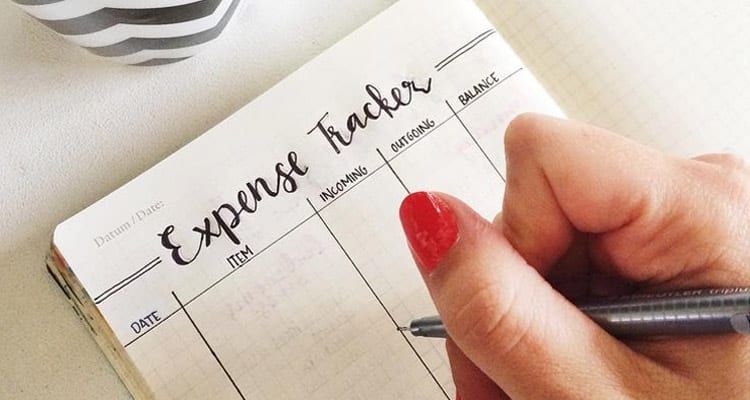Learning how to budget your monthly salary can be tricky. Especially with the increasing prices in the Philippines, we often have to compromise.
But why should we need to budget our money?
Well, it takes the stress off our shoulders. We go to bed at night with the knowledge that we aren’t overspending.
Simply put, having a budget allows us to monitor where our money goes.
Still, it can be confusing where to begin, even though there are many resources available. So, to help you out, we have outlined the steps on how to budget wisely.
Step 1: Determine Your Net Income

At the very root of your budget is your salary. However, a quick reminder that your gross income and net income are different.
Gross income is your total earnings before taxes and deductions. Meanwhile, net income is your actual take-home pay.
Thus, you must budget your money with your net income in mind, not your gross income. (You could overspend if you base your monthly budget around your gross pay instead.)
If you have other sources of income (because, say, you’re a remote worker), then be sure to take note of them too.
Step 2: Jot Down Your Financial Goals

We have previously discussed setting financial goals. As such, make sure to write down both your short- and long-term financial goals.
When you constantly see them, they’ll keep you motivated to follow your budget.
Further, it also helps you monitor your progress toward achieving your financial goals.
Step 3: Write Down All Your Expenses

Okay, so you’ve figured out your income and your goals. What’s next?
The next step is to write down all your spending. Check your credit or debit card statements, receipts, etc.
Where exactly does your money go?
If you find this too much work, then just think of your major expenses. Most people will say house/rent, groceries, utilities, and car maintenance (or transportation).
However, don’t forget to set aside an amount that goes toward your savings.
Step 4: Make a Budget

Now, it is time to create your budget. There are various budgeting methods you can use.
But remember, each budgeting method suits a certain type of person.
Are you the kind of budget planner who wants to keep track of everything?
Or are you the type who wants to take it easy?
Regardless, make sure to record your spending. This way, you can see if you have followed your budget or gone overboard.
If this is the case, you need to readjust your budget for the next month.
Step 5: Reassess Regularly

The last step to creating a budget is to check your approach periodically.
Is the budgeting method effective? Or do you need to try a different strategy?
Your priorities change over time too. Thus, you need to take all your new expenses into account. The same goes for when you get an additional income!
So, check to see if you have any “holes” or “gaps” in your budget. Perhaps, there are areas where you can cut down. The extra cash can then go towards your financial goals.
Final Word
Budgeting is a constant process. You oftentimes have to adjust as new bills come along.
Still, never forget to set aside an amount towards savings. Think of it as a way of “paying yourself.”
Your future self will thank you for thinking of them during rainy days.
Now, if you have been planning a few changes in your life (like in your career, for instance), then check out Remote Staff’s job listings. For over 15 years, Remote Staff has given work-from-home opportunities to many Filipino remote workers (at a competitive rate!)
Be a part of the team and register today!

